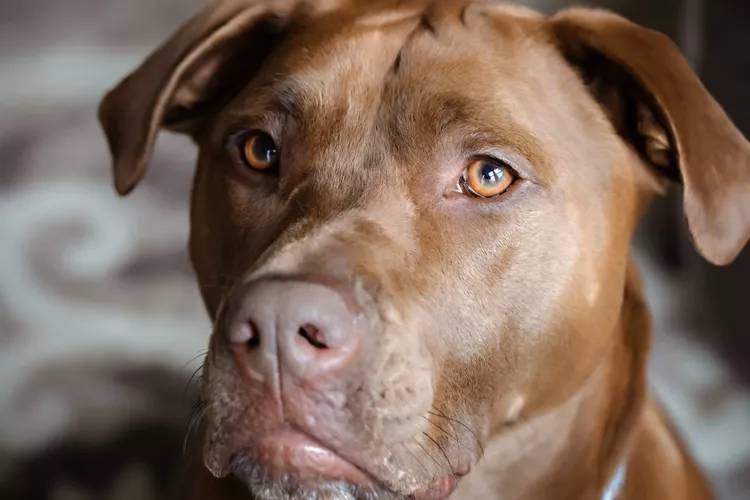
Our pups might be fine after eating a couple slices, but dogs shouldn't eat pickles because they're made with ingredients like garlic that can make them sick.
That's according to The Vets' Alejandro Caos, DVM. Your dog might be no worse for wear after eating a piece of pickle, but there's no reason to risk it. Especially when you have other, better options.
"My advice would be: Forget the pickling altogether," Caos says. "Just give cucumbers."
Here's what else you need to know about dogs eating pickles:
We make pickles by soaking cucumbers in a liquid compound and adding spices, and that's why dogs shouldn't eat them. We love what gives the pickles flavor, but those additives can really endanger our dogs.
Top of the list? Onions and garlic, two ingredients you'll find in plenty of pickle recipes. They're both Allium species, which are toxic to dogs and can cause anemia. Anemia occurs when dogs' blood lacks red blood cells or hemoglobin. Caos also warns that the Allium plants' toxicity can also attack your dogs' kidneys.
Then you have all the other ingredients like vinegar, cinnamon, sugar, and plenty of salt. In small amounts—especially what ends up on a single pickle slice or spear—these ingredients probably won't hurt your dog, but they're definitely not healthy. (It doesn't matter if it's a bread and butter pickle, dill pickle, or sour pickle. Keep them all clear of your dog.)
"Those herbs and those spices, those can also be detrimental to their health," Caos says.
These additives also pose additional dangers to dogs already dealing with a health issue like pancreatitis or obesity. In particular, too much sodium can exacerbate underlying heart disease, high blood pressure, or dehydration. If a dog eats a large amount of pickles in a short period of time, they can develop hypernatremia, or high blood sodium levels. Hypernatremia can lead to vomiting, loss of balance, and seizures.
Pickles are not good for dogs, but your pup snagging a piece off the counter probably isn't going to hurt them, Caos says. That's especially true for larger dogs who eat smaller pieces of pickle, thanks to their greater digestive fortitude. So don't panic.
As you keep an eye on your dogs, look for signs that they might be dealing with a reaction to the pickle's toxicity. Those include:
If you see any of those signs, it's a good idea to call your veterinarian and schedule a visit. Caos also recommends the ASPCA Poison Control Center if you'd like an expert to consult you over the phone.
Remember, dogs in most cases will be able to eat pickles without any issues. They just shouldn't eat them as a precaution.
Pre-pickled pickles—cucumbers—are a much better treat for your dog, Caos says. The low-calorie fruits contain fiber and tons of water, making them excellent snacks for overweight dogs who don't need any more treats.
But you should still consult with your veterinarian before introducing a new food into your dog's diet. Our pups should be getting most of their daily nutrition from their regular dog food, and you don't want to disrupt that.
Plus, each dog reacts to new food differently, so you'll want to start small, only giving your dogs teensy amounts of cucumber (or a different vegetable) to begin.

212 Hairless Cat Names For Your Beautifully Bald Feline
Discover the perfect name for your hairless cat with our list of over 200 creative and unique names. From quirky to classic, find a fitting choice for your beautifully bald feline companion.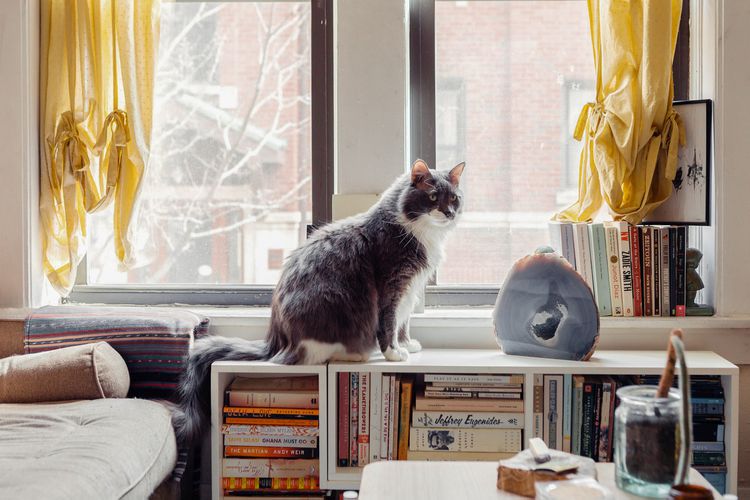
8 Things Your Cat Loves
Just like humans, cats can have a long list of things they like. Find out what cats love so you can keep your cat happy and healthy.
How to Tell If a Kitten is a Boy or a Girl
If you're wondering whether your new kitten is a boy or a girl, here are three ways to help determine the sex of your cat.
8 Tips to Help Cats Enjoy Car Travel
Cats are creatures of habit, and they hate to travel. Learn tips to prepare them for travel in the car, whether going to the vet or on vacation.
Common Causes of Mucus in Dog Poop
Seeing mucus in your dog's poop can be concerning to a dog owner. Here are common causes and treatment of mucus in a dog's stool.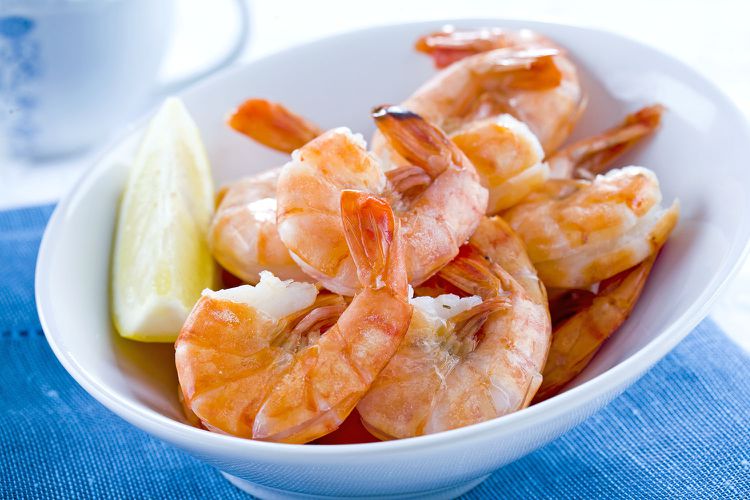
Is Shrimp Bad For Dogs?
Shrimp can be a healthy, nutritional food for people but can dogs eat them, too? What are the main concerns with feeding shrimp to your dog?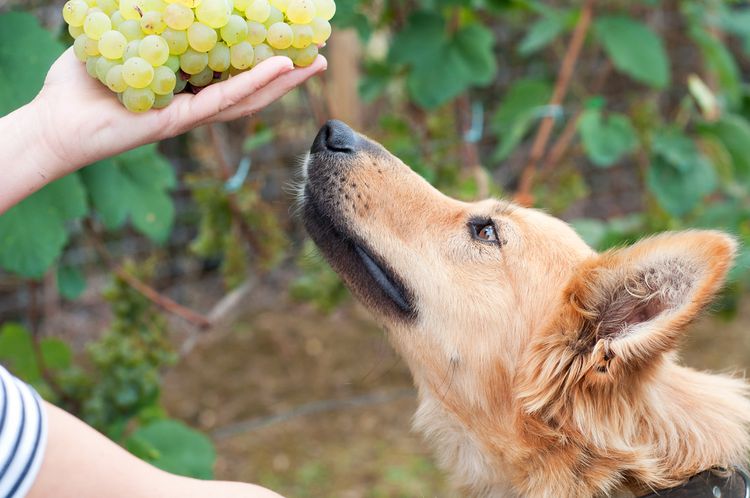
Can Dogs Eat Grapes?
Are grapes safe for dogs? Grapes and raisins can cause serious toxicity in dogs. Find out what to do if your dog eats grapes.
Maine Coon Cat: Breed Profile, Characteristics & Care
The Maine Coon cat is of the largest cat breeds in the world. These amiable, gentle cats make great companions. Learn about the Maine Coon cat breed's appearance, temperament, health, and care needs.
Selkirk Rex: Cat Breed Profile, Characteristics & Care
The Selkirk Rex is a charming cat with a tousled coat and a loving, laid-back personality. Learn about the Selkirk Rex breed.
How to Stop Your Cat From Chewing Electrical Cords
Cats are known to pounce and attack inanimate objects, like electrical cords. Learn how to prevent your cat from ambushing objects that may harm it.
What Do Cats Think About?
Have you ever wondered what cats think about? A number of studies have explored cat behavior and feline cognition, but there's still more to learn.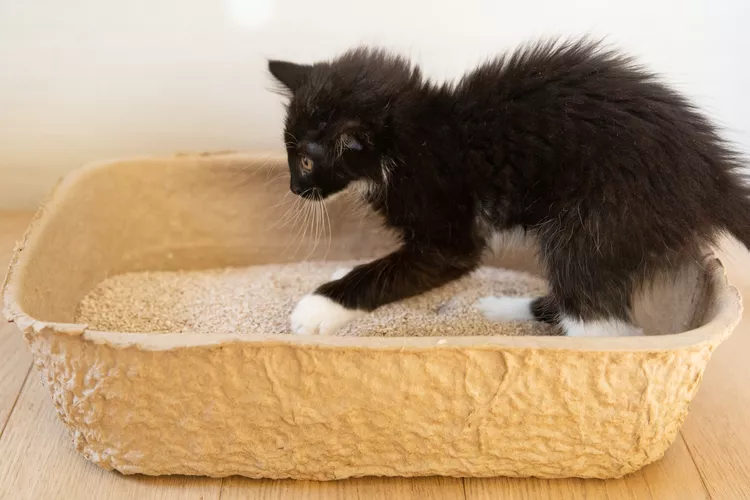
Training Your Kitten to Use the Litter Box
Bringing home a new kitten means they need to learn how to properly use a litter box. Discover how to successfully litter box train your kitten.
Why Do Cats Knead?
Kneading is a common behavior in cats of all ages. Learn why cats "make biscuits" and what it means for you, your cat, and all your blankets.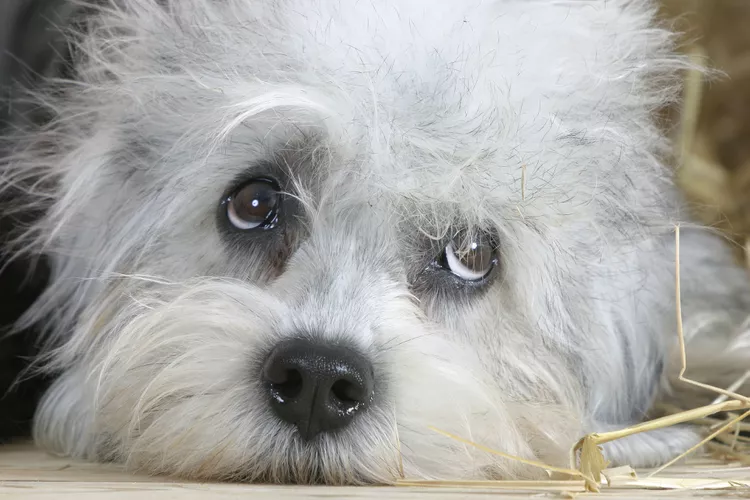
Dandie Dinmont Terrier: Dog Breed Characteristics & Care
Learn about the Dandie Dinmont Terrier, a silky dog breed with a signature puff of hair atop its head and a friendly, companionable personality.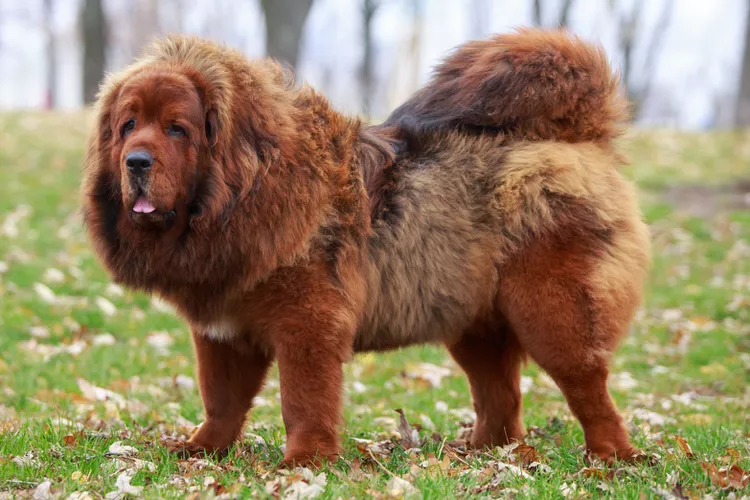
Tibetan Mastiff: Dog Breed Characteristics & Care
Learn about the Tibetan mastiff, an ancient guardian dog breed. This breed is known for their massive stature, flowing mane, and protective personality.
4 Reasons Why Your Dog Licks Their Butt
Butt-licking in dogs can be a part of normal grooming, but excessive butt-licking is not normal. Read about the most common reasons for this behavior.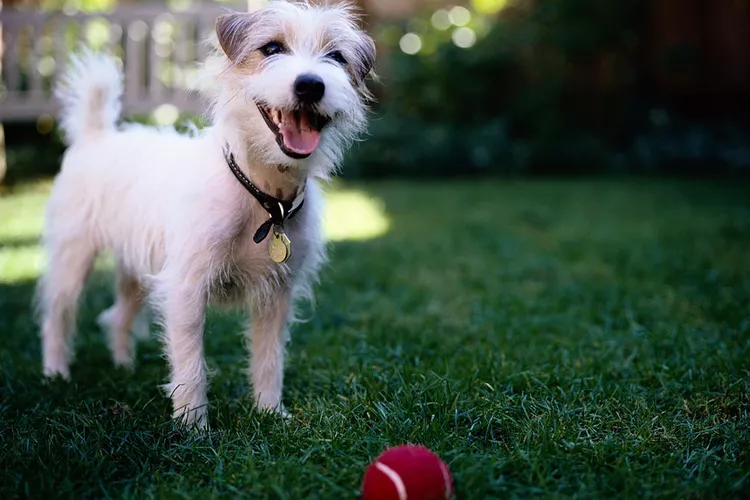
How to Teach Your Dog the "Leave It" Command
Training your dog the "leave it" command is a great way to instill self-control. Learn how to teach your dog to not pick things up from the ground.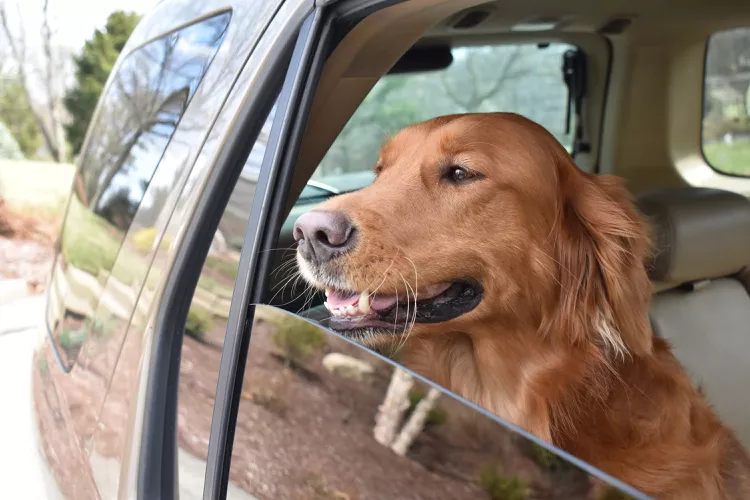
How to Solve Your Dog's Fear of Car Rides
Is your dog scared of car rides? This fear of riding in cars is common. Learn why your dog is scared of car rides and how to help conquer this fear.
Can Dogs Get Depression? How to Help Your Sad Dog
Can dogs get depression? Learn about the signs of depression in dogs and find out how to help your sad dog.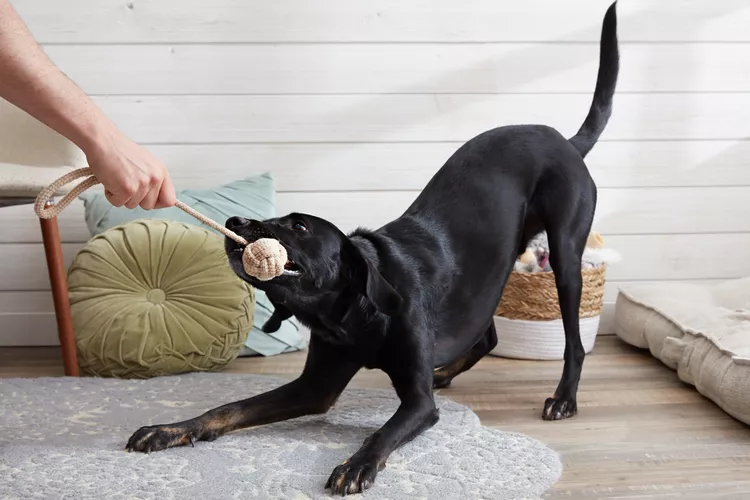
How to Play Tug of War With Your Dog
Many dogs love to play tug of war, and it's a healthy game that provides great exercise. Learn the best way to safely play tug of war with your dog.